


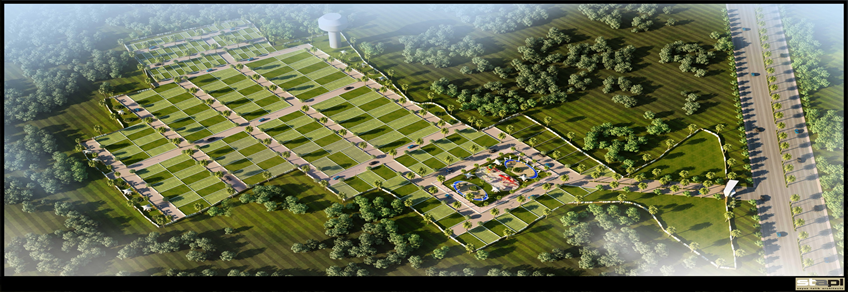
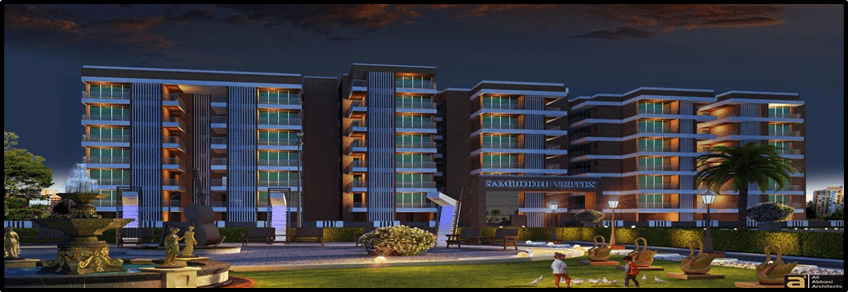
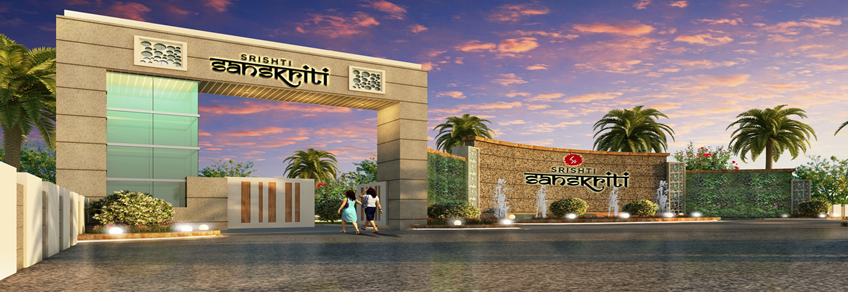

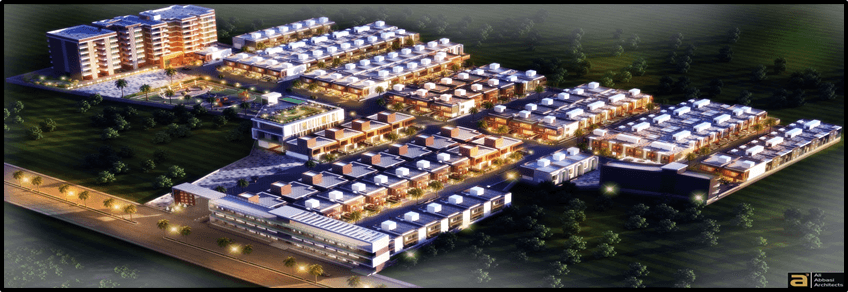

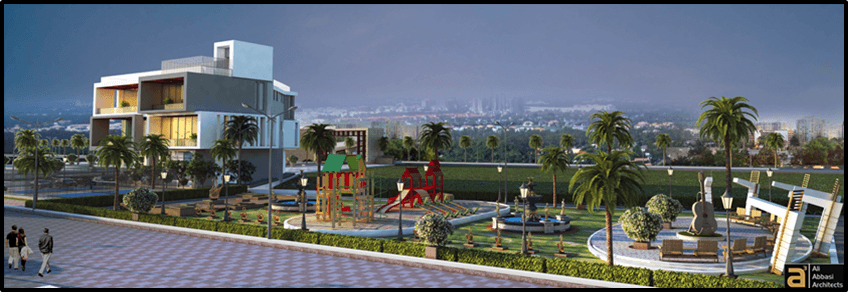
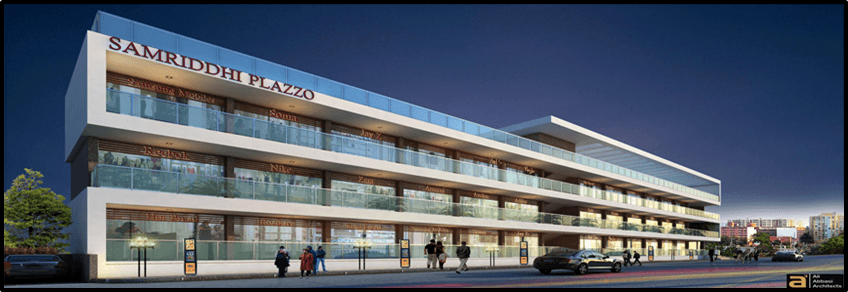
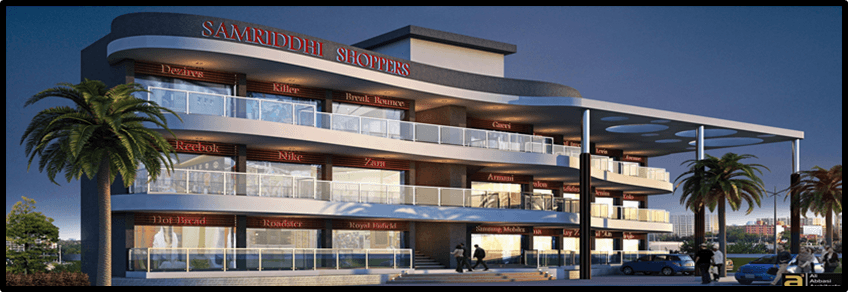
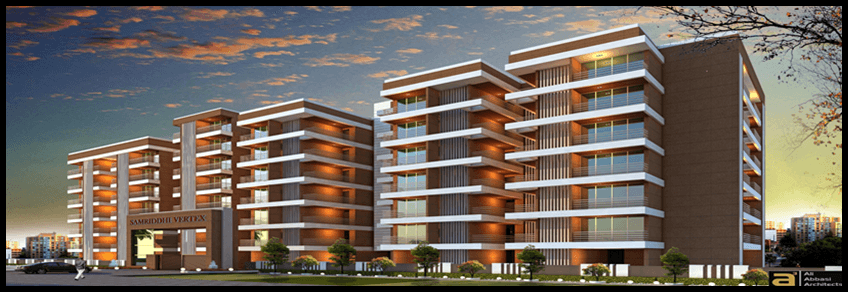

Q. What is market value?
A. Market value in relation to any property which is the subject matter of an instrument means the price which such property would have fetched if sold in the open market on the date of execution of such instrument or the consideration mentioned in the instrument, whichever is higher. The price which such property would have fetched if sold in the open market is determined on the basis of the Ready Reckoned issued each year.
Q. What is the procedure for registration of an instrument?
A. Once adequate stamp duty is affixed on an instrument and it is dated, signed by the parties and attested (where required) by witnesses, it can be lodged for registration after payment of the registration fee. All parties signing the instrument are required to attend the office of the concerned Sub Registrar of Assurances either by themselves or through their constituted attorney under a power of attorney to admit execution of the instrument.
A passport size photograph, original power of attorney, personal identification such as passport or income tax PAN Card, adequate Xerox Copies of the original instrument are some of the essentials required for registration. After lodging an instrument, it is registered and seal of the Sub Registrar is affixed on the instrument, thereafter the original instrument is returned back to the parties.
Q. Can a person grant a power of attorney for signing and registering instrument?
A. Yes. Persons residing abroad or those who travel frequently are advised to grant power of attorneys to facilitate better management of their flats. The system promotes transparency in transactions, clearly sets out mutual obligations of parties and increases clarity in response action, when required.
Q. Which documents should a flat purchaser ask for at the time of booking a flat?
A. A flat purchaser can ask for the certificate of title issued by an advocate, which gives the history of the ownership of the land under construction. Other documents such as applicable municipal approvals and sanctioned plans can also be inspected.
Q. How will a flat purchaser know that his next instalment is due?
A. The sales team communicates with flat purchasers through call letters, telephone calls and e-mail informing them about outstanding payments towards cost of the flat, society deposits and other charges. Receipts are issued from time to time for payments made by flat purchasers.
Q. How will a flat purchaser know if a building, which is under construction, in which he has booked a flat, is completed?
A. After completion of construction of the building, the municipal corporation issues the occupation certificate. The sales team sends out call letters informing flat purchasers about the same.
Q. Can a flat purchaser carry out interior decoration works in his flat?
A. Yes if such work is permissible as per applicable rules and only after he has complied with requisite formalities and paid an interest free refundable security deposit as well as all other requisite payments. However, changes in outside elevation, colour schemes, grills, RCC frame work; plumbing and electrical lines etc. are not permissible.
Q. Does a flat purchaser require a No Objection Certificate from the Developer for availing of a home finance loan?
A. Yes. Financial institution requires a No Objection Certificate (NOC) from the Developer before considering an application for loans.
Q. What formalities does a flat purchaser require to complete before taking possession of his flat?
A. Possession of a flat is handed over after receipt of all outstanding dues from a flat purchaser and completion of documentation. Time is required to clean the flat and inspect all amenities and fittings jointly with the flat purchaser and complete other requisite formalities.
Q. What is the difference between carpet area, built-up and super built-up area?
A. The area of an apartment, not inclusive of the area of the walls is known as carpet area. This is the area that is actually used and in which a carpet can be laid. When the area of the walls including the balcony is calculated along with the carpet area, it is known as built-up area. The built-up area along with the area under common spaces like lobby, lifts, stairs, garden and swimming pool is called super built-up area.
Q. When there are apartments of different sizes in a building, how is the maintenance charge calculated?
A. The actual area owned by the individual is the basis for calculation of maintenance charge.
Q. Can residential properties be used as commercial properties?
A. It is illegal to put residential properties to commercial use. However service-based industries are allowed to operate from residential areas, on the condition that they will vacate the property if any complaint is received from other residential owners.
Q. What are the guidelines for acquisition of land?
A. All requests for acquisition of land by any person resident outside India may be made to The Chief General Manager, Reserve Bank of India, Central Office, Exchange Control Department, Foreign Investment Division (III), Mumbai 400 001.
Q. What aspect should be considered before acquiring property?
A. Before purchasing property from a company, it is necessary to verify with the Registrar of Companies that the property is not mortgaged or is not being used as a security against a loan, otherwise it is not considered a freehold property.
Q. How is Sale & Construction agreement drafted?
A. A composite for sale of undivided share of Land & Construction of apartment is needed where the Land owner and developer are one and the same. This agreement provided for sale & Construction of an apartment at a particular price agreed between seller & buyer, including cost of land, construction cost, car parking charges KEB & KWA charges for the particular flat. If the apartment is under construction payment stage will be indicated along with general terms & conditions. Normally the buyer shall bear the stamp duty & Registration charges.
Q. Are there any taxes are applicable?
Service tax is applicable to apartment block having more than 12 apartments, the service tax will be recovered from the customer & paid to the department.
Vat:- Vat at 12.5% will be charged on the construction cost and the same will be recovered from the customer for the paid to the department.
Labour Welfare Fund of 1% of the total cost will be collected from the customer and paid to the Labour Welfare Board.
Q. What do you mean by pre-launch offers?
A. Investing in property means also an entry load by paying stamp duty and registration fees and other incidental charges to the Builder etc. If you are investing it is always wise to invest as soon as the project is launched as this gives you enough time for appreciation as usually the builder goes in the Stock Market kind of a mode in the first year of its property by hiking the prices every few months.
NRI-Link
Q1. What constitutes an NRI?
A. Any person of Indian origin (Indian Citizen) living abroad for purpose of education, employment or carrying on business etc. for an long duration abroad is a non-resident Indian. Non-residents foreign citizens of Indian Origin are also treated on par with non-resident Indian Citizens (NRI’s) for purpose of certain facilities.
Q2. Do non-resident Indian Citizens require permission of Reserve Bank to acquire residential / commercial property in India?
A. You would need to check with you Charted Accountant on this and based on the current rule of RBI from time to time.
Q3. What payment modes can an NRI use for paying for the property?
A. There is no restriction or conditions on payment on buying a property. The normal banking channels are applicable. Remittance from abroad through normal banking channels NRO accounts in India (Deposits in dollars opened by residents or non-residents) NRE (Non Resident External Rupee accounts) FCNR (Foreign Currency Non-Resident accounts) in India
Q4. What are the regulations for purchase of property?
A. FEMA stipulates that before making a purchase, special form called the IPI 7 needs to be filed with the central office of the RBI along with the title deed or any other certified copy of the document proving that the NRI has executed an agreement to purchase the property within the country within 90 days of the purchase of property along with bank certificate stating consideration paid for the purchase.
Q5. Do foreign citizens of Indian Origin require permission of Reserve Bank of India to purchase immovable property in India for their residential use?
A. Reserve Bank has granted general permission to foreign citizens of Indian Origin, whether resident in India or Abroad, to purchase immovable property in India for their bonafide residential purpose. They are, therefore, not required to obtain separate permission of Reserve Bank
Q6. Can returns from realty or sale proceeds be repatriated?
A. FEMA says no matter what the proceeds of the sale may be, the amount for repatriation should not exceed the amount paid for acquisition of the immovable property in foreign exchange received.
Q7. Can NRI’s obtain loans for acquisition of a house/ flat for residential purpose from financial institutions providing housing finance?
A. The Reserve Bank has granted general permission to certain financial institutions, like HDFC, LIC Housing Finance Ltd., to grant housing loans to non-resident Indian nationals for acquisition of houses/flats subject to certain conditions. Source: Property Matters Made Easy, India Properties Institute of Real Estate
